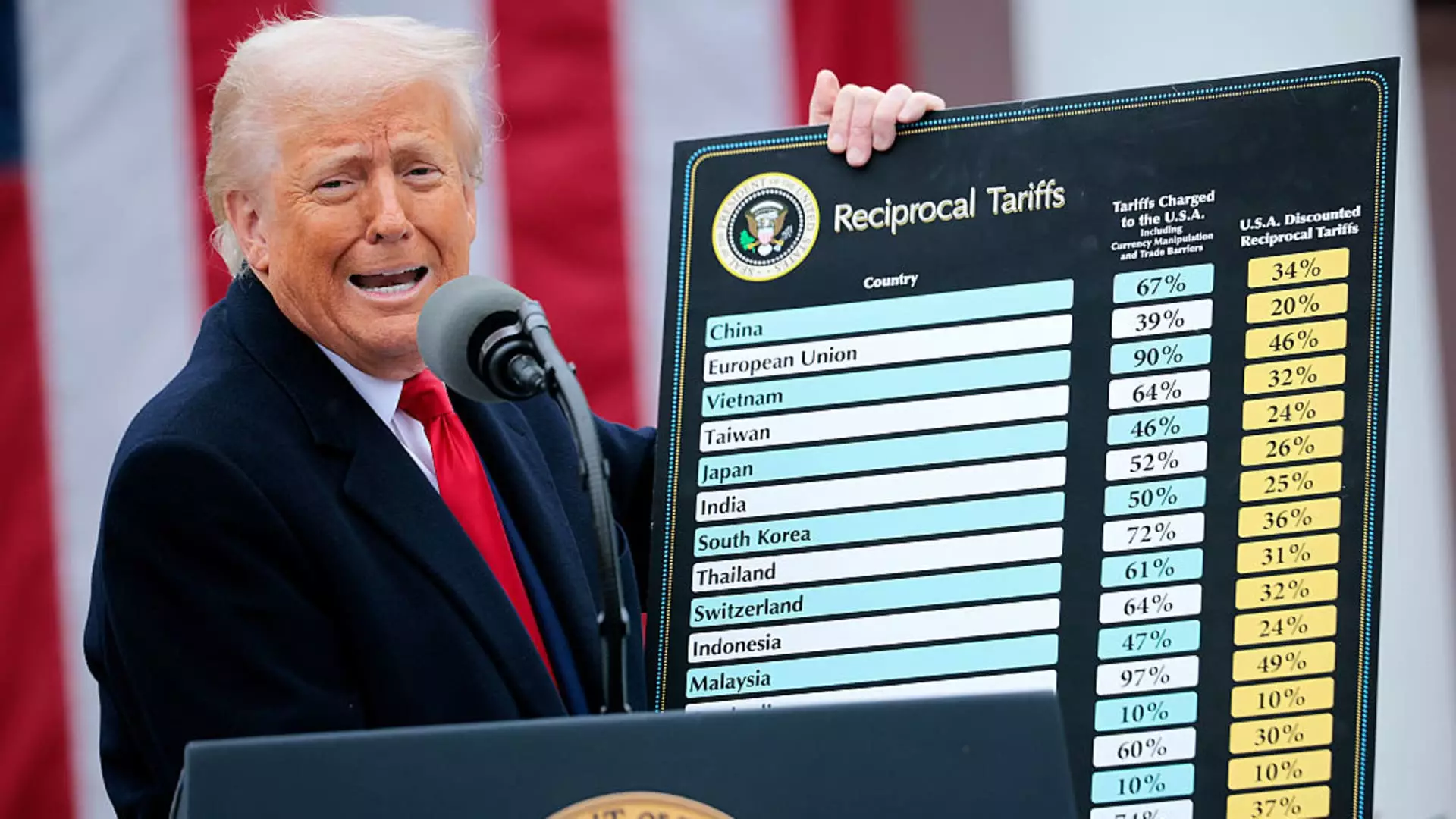In a significant blow to former President Donald Trump’s economic machinery, a federal court has handed down a ruling that unequivocally challenges his authority to impose sweeping reciprocal tariffs. On a fundamental level, this event illustrates one of the core issues with Trump’s presidency: the tendency to circumvent democratic processes in favor of unilateral executive action. This court decision shines a critical light on the invocation of the International Emergency Economic Powers Act (IEEPA) of 1977, which Trump wielded as justification for his aggressive trade policies. The judges concluded that the president’s actions not only overstepped the bounds of legality but also failed to address any genuine threats that would warrant such drastic measures.
The Chilling Impact on American Businesses
The lawsuit originated from five American businesses reliant on imports, highlighting a telling paradox of Trump’s administration. While the administration consistently claimed to champion American workers and industry, the reality has often proven quite the opposite. These businesses—a microcosm of the broader American economy—are now left grappling with the ramifications of erratic trade policies. The court’s decision stands as a stark reminder: tariffs don’t merely impact foreign relations; they have real, tangible effects on American jobs, supply chains, and consumer prices. The very companies Trump professed to protect now find themselves at the mercy of policies that squander their operational viability.
The Courts as Agents of Accountability
This ruling indicates a crucial role for the judicial system in moderating executive overreach. In times of political turbulence and divisive leadership, the courts act as gatekeepers of legal integrity. The judges recognized that Trump’s tariff imposition was “unlawful as to all,” thereby reinforcing the principle that no one—regardless of political station—is above the law. The call for the tariffs to be vacated and permanently enjoined underscores a belief that economic policy should not be dictated by whims but should adhere to constitutional constraints.
The Potential for Appeal and the Question of Political Capital
Trump’s legal team may choose to pursue an appeal, but this raises questions about his ability to redefine the narrative surrounding his economic policies. With a history of polarization and controversy, any further attempts to enforce these tariffs risk alienating not just businesses but also even some of his staunchest supporters. These tariffs were intended as tools of negotiation, yet the court’s ruling effectively dismantles this approach and puts a spotlight on the miscalculations surrounding Trump’s trade initiatives. The crux of the matter lies in the disconnect between political posturing and tangible executive action; while the former president framed these tariffs as a means of economic empowerment, the legal system has deemed them ineffective and unlawful.
In the broader political landscape, this ruling serves as an important check against the kind of unilateralism that characterized much of Trump’s tenure. As President Biden navigates his own economic strategies, the lessons learned from this ruling may provide vital insights into the limits of authority and the importance of accountability in governance.


Leave a Reply